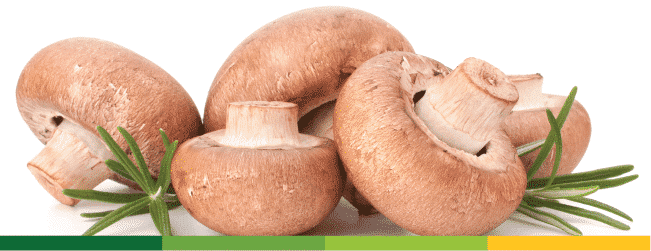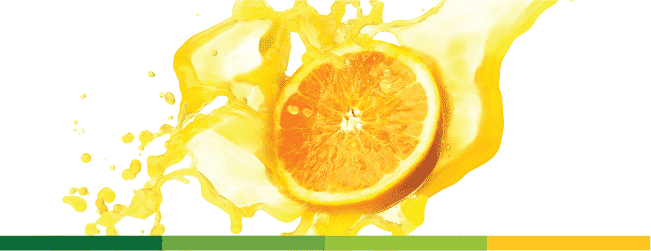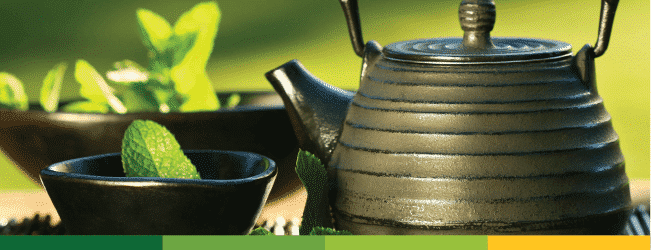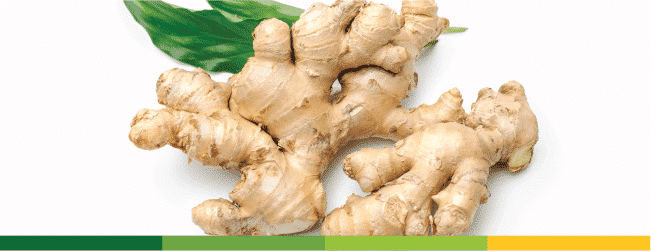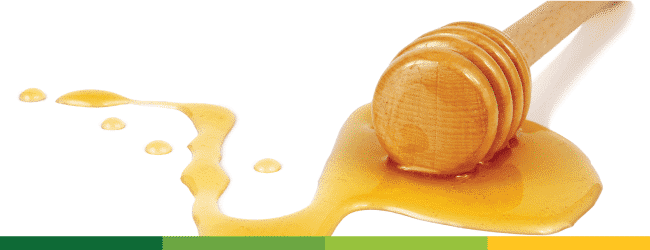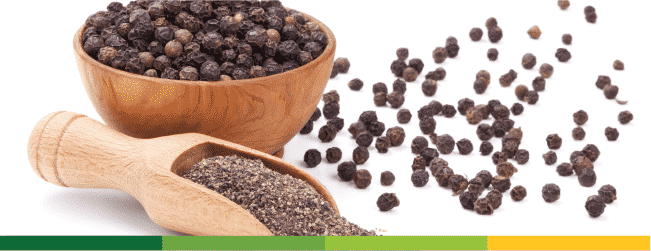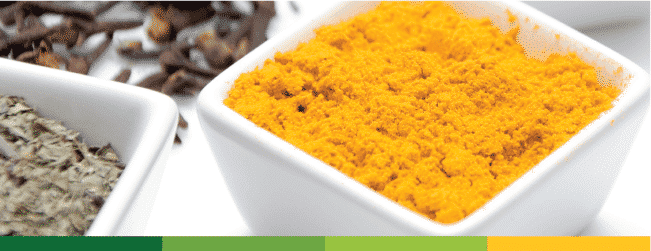A Holistic Approach to Immune Health with Nature’s Nutritionist Bahar!
Come explore the keys to a healthy immune system, from a holistic perspective, with Nature’s Nutritionist Bahar Mahmoudi!
By: Bahar Mahmoudi, International Pharmacy Graduate, Natural Health Practitioner and Registered Iridologist
Inside your body, there is a sophisticated protection mechanism called the ‘immune system’. it is designed to defend you against millions of bacteria, microbes, viruses, toxins and parasites, many of which we’re exposed to on a daily basis.
Your immune system organs include:
Bone Marrow
While bone marrow isn’t considered an organ, it is vital to the immune system and shouldn’t go unmentioned. Some cells of the immune system mature in the bone marrow, and some travel to other areas of the body to complete their maturation.
Thymus
The thymus is a small, butterfly-shaped organ that lies between your breastplate and your heart. During its most active time, the thymus is responsible for directing the maturation of immature thymocytes into T cells. T cells are the managers of the immune system, instructing other cells how to react to foreign substances.
Spleen
The spleen performs several functions; it filters the blood, destroying old or damaged blood vessels. It also contains many specialized cells (e.g. T cells) of the immune system that look for foreign particles as blood circulates. T cells ingest foreign microorganisms and present their pieces to T cells. If a T cell recognizes a presented particle as foreign, it instructs a B cell (which also recognizes the particle) to create antibodies against it.
Lymph Nodes
Lymph nodes are a bit like the spleen, but instead of filtering blood, they filter lymph. Lymph is composed of fluids which drain from tissues. It is collected at various locations throughout the body and circulates through a series of lymph nodes, eventually returning to the blood for circulation.
Unwelcome microorganisms enter the lymph nodes either by circulating with lymph or by ingestion by a cell that then travels to the lymph node. These important organs make up the framework of the immune system, providing meeting locations for specialized cells to communicate.
As with any complex system, there may be periods where your immune system does not function at optimal efficiency, resulting in low-immune function.
What causes low immune function?
Malnutrition
Malnutrition causes a decline in immune function and increases susceptibility to infection. Likewise, a vitamin or mineral deficiency can suppress immune system function. Correct choices of supplements, vitamins, minerals, fatty acids, probiotics, and botanicals have been shown to boost immunity and may also reduce the risk of disease(s) in healthy Individuals.
Dietary deficiencies and malabsorption alter metabolism and exacerbate chronic disorders. An imbalance in the intake of dietary fat, carbohydrate, and protein can contribute to the development of disease(s). On the other hand, there is overwhelming evidence of the benefits of a good diet on reducing the risk of many chronic diseases.
Psychological Distress
Psychological health influences the immune system and the course of many diseases. Depression, stress, and anxiety increase the production of pro-inflammatory chemicals in the blood, which in turn can compromise, depress, or suppress the immune system high levels of anxiety are associated with decreased immune function.
Chronic stress can provoke long-term increases in pro-inflammatory chemicals.
In periods of low-immune function, or when external factors may be negatively impacting your overall immune health, you may wish to consider immune system nourishing foods.
Immune boosting foods:
Chicken Noodle Soup:
This is a powerful mucus stimulant so it helps clear nasal congestion as well as thin mucus. It’s also thought to have a mild anti-inflammatory effect than can help ease cold symptoms.
Onion And Garlic:
If you want to punch up the healing power of your chicken soup — or any other dish — add plenty of garlic and onions. When combined, these flavorful healers contain numerous antiseptic and immunity boosting compounds. As an added plus, garlic helps to open clogged sinuses.
Mushrooms:
No herbal medicine cabinet should be without mushrooms. They increase the production of cytokines, which are cells that help fight off infection. They also contain polysaccharides, which are compounds that support the immune system. The most potent cold- and flu-fighting mushrooms are shitake, maitake and reishi.
Citrus Fruits:
Citrus fruits contain hefty vitamin C. Studies have found that this antioxidant can reduce cold symptoms by 23 per cent, and all that’s needed is just one to eight grams (1,000 to 8,000 milligrams) to do the trick.
Besides citrus fruits, other foods that have high amounts of vitamin C include papaya, sweet potatoes, butternut squash, tomatoes, broccoli, Brussels sprouts and red bell peppers.
Yogurt:
Studies have shown that eating a cup of low-fat yogurt each day can reduce your susceptibility to colds by 25 percent. The beneficial bacteria is Lactobacillus reuteri which has been found to block the replication of viruses that invade the body when we get sick.
Not all brands have that particular bacteria, so check labels and be sure to go organic.
Hot Tea:
Hot tea is soothing and a great home remedy, helping to thin mucus and ensure proper hydration. For added health benefit, sip echinacea, green or black tea — they are filled with flavonoids, which are potent antioxidants.
Ginger:
Ginger comes to the aid when we’re sick in some powerful ways. Besides soothing a scratchy throat, it has chemicals called sesquiterpenes that target rhinoviruses — which are the most common family of cold viruses — as well as substances that help suppress coughing. Ginger is also a natural pain and fever reducer and a mild sedative so you. Add a couple of tablespoons of shredded gingerroot to your tea, or make ginger tea.
Honey:
Honey has numerous medicinal properties and because it coats your throat it is a natural way to soothe sore throats. It also has antioxidant and antimicrobial properties to help fight infections from viruses, bacteria, and fungi. Skip the common clover honey that you’ll find in the supermarket as it has the lowest antioxidant level. Look for buckwheat honey, which has the highest.
(A note of caution: never give honey to children under one years of age because their immune systems are not developed enough to ward off infantile botulism, which is carried in honey spores.)
Black Pepper
It’s ironic that black pepper — the spice best known for making you sneeze — can ward off the sniffles. Black peppercorns are high in piperine, a compound known for its anti-fever and pain-relieving qualities.
Spices:
Make recipes more flavorful with garlic, thyme, rosemary, sage and oregano — while spicing things up, you’ll also get an added kick of immune-busters, too.
Disclaimer: The views and opinions expressed in this article are those of the authors and do not necessarily reflect the official policy or position of Nature’s Emporium, its employees, its partners or its representatives. The opinions expressed in this article are intended to be used solely for educational purposes and are not intended to be used for the diagnosis, or treatment, of any disease or health condition. Please consult your primary health care practitioner at the first sign of illness!



